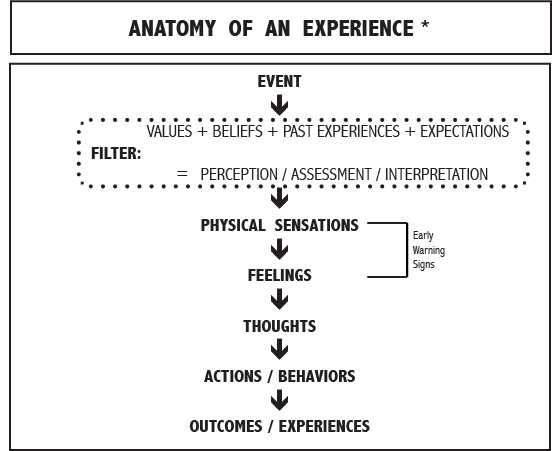In 1609, Francis Bacon declared, “Knowledge is power; the more one knows the more one can control events.” Four hundred years later, I would venture to say that this is no longer viewed as a universal truth. What has changed? During Bacon’s era, information and knowledge were, for the most part, accessible only to the literate and wealthy (i.e., the powerful). In today’s world the majority of human beings, through various forms of technology, come into contact and even manipulate information and knowledge on a daily basis — products and services, manufacturing, agricultural, natural resources or science and technology sectors — hence the term knowledge workers.
Knowledge workers include computer programmers, writers, teachers, scientists, consultants, life coaches, lawyers and students. By definition, a knowledge worker is someone within a specific subject area who internalizes and transforms information in meaningful ways (creating, planning, acquiring, researching, analyzing, designing, developing, organizing, storing, optimizing, programming, distributing and marketing). By doing so, knowledge workers advance their field of expertise as well as influence corporate choices and direction. In other words, they add value, which by Bacon’s declaration would mean they have power and control events.
I am in agreement with Bacon that knowledge does increase our personal power or ability to influence choices and direction. However, I disagree that it gives us the power to control events. Events such as a tsunami, death or a verbal attack from another person are not something I can control. What I can control is how I choose to react to these events as they occur in my life. The image below depicts the human chain reaction following any event in our lives.
“We do not have any say about the events of our lives, but we do have say over how we
interpret them.” — Nietzsche (1844-1900)
When we change one aspect, we change our experience.
To test the model’s validity, choose an event in your life and “walk” through the sequence. As a first step, the event passes through our personal filter. This filter represents how each of us views the world and is made up of our values, beliefs, past experiences and expectations — all of which form our perception of reality. Hence the adage, “Our perception is our reality.” A personal test of this adage occurred for me around the event of my father’s death. Given my family’s fear and silence about death during the 1970s, it should come as no surprise that I was ill prepared for death. As a result, my negative perception led to other negative reactions:
physical sensations – heartache, stomachache, low energy
feelings – anxiety, self-pity, depression, anger
thoughts – why my father, why me
actions/behaviours – sleepless nights, constant mental spinning
outcomes – a negative experience around my father’s death
In summary, just as with any event, death is neutral. When we view death negatively or positively, we are applying our filter or subjective judgment to that event. Instead of reacting negatively to an event, we can choose to react neutrally or positively, which will lead us to a different outcome. Therefore, we can choose to change our experience by choosing to change our filter.





